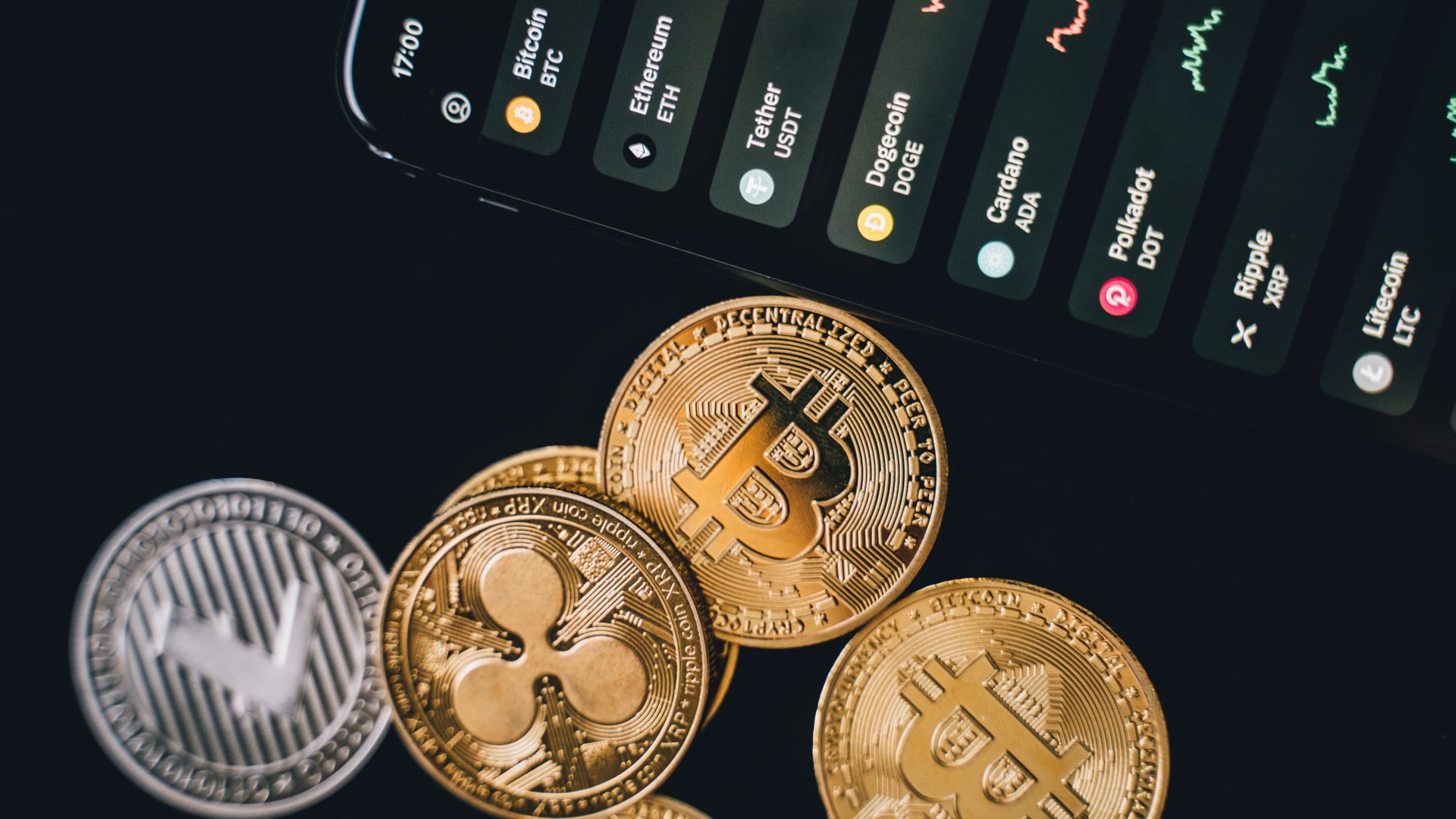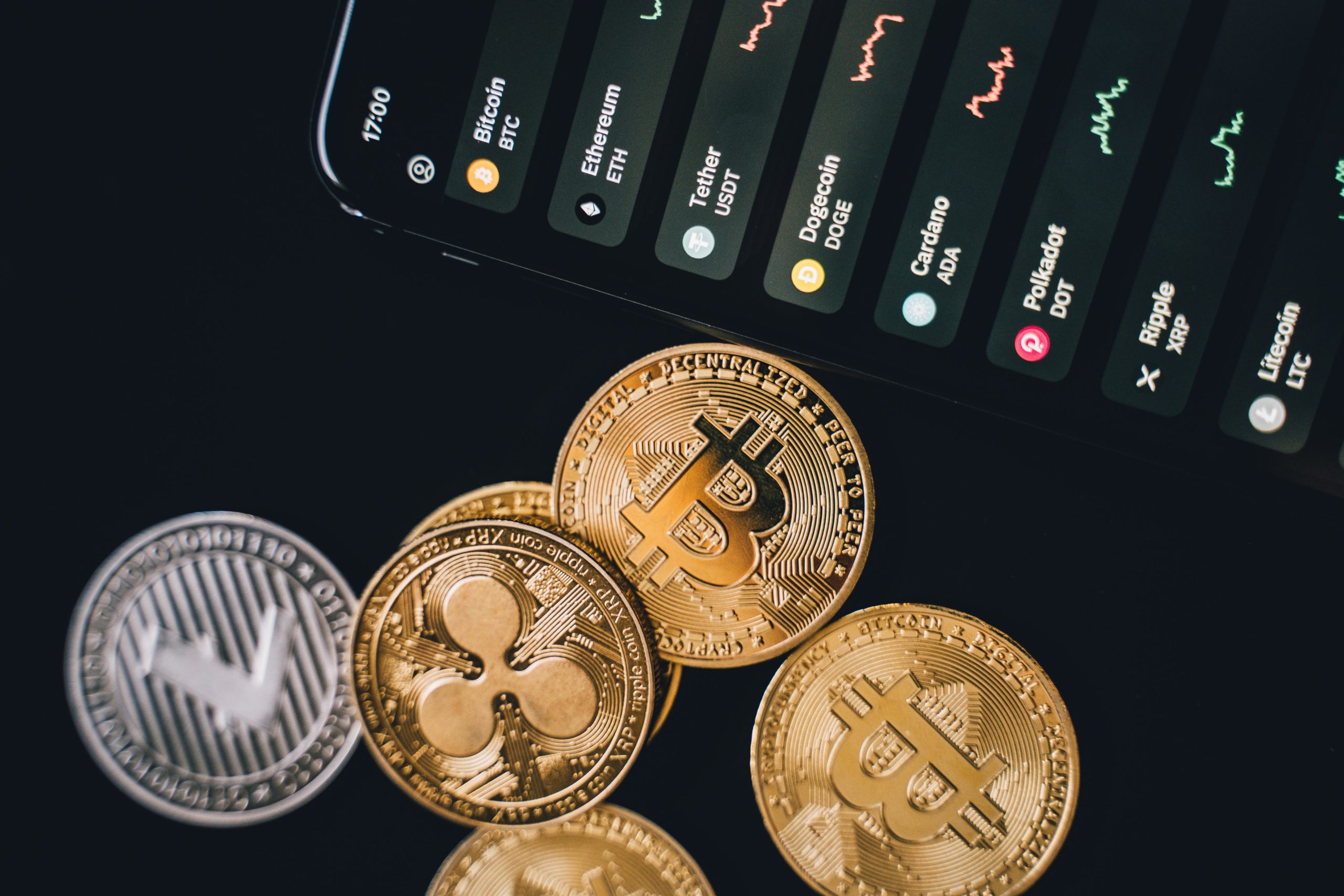(4 min. read)
Non-fungible tokens (“NFTs”) as investments
NFTs garnered huge attention in March 2021 with Christie’s record-setting $69.3 million sale of an NFT digital collage entitled “Everydays: The First 5000 Days” by Beeple (Mike Winkelmann).
NFTs often involve unique, digital assets created and exchanged on the internet. Like cryptocurrencies, NFTs belong to a borderless, virtual global ecosystem and its authenticity and ownership are verified using blockchain technology (i.e. a decentralised and immutable ledger of transactions).
NFTs have been created and promoted by celebrities across the sports and entertainment industries and large consumer brands. NFTs encompass a broad spectrum of digital assets, from images to GIFs, tweets, songs and videos.
Since the COVID-19 pandemic, the traditional art market started pivoting to digital sales. NFTs offer new opportunities for artwork creators, auction houses, galleries and collectors to transact.
What are NFTs?
An NFT is a cryptographic tool which uses blockchain (most commonly Ethereum) to create a unique, non-fungible digital asset. The blockchain keeps a decentralised and immutable ledger of ownership of each NFT. Each NFT that is ‘minted’ or created is powered by a smart contract, generally adopting Ethereum’s ERC-721 standard. NFTs comprise of metadata which makes each token unique and non-fungible.
Ownership of underlying digital art
Does the sale of an NFT grant copyright in the underlying asset? The short answer is ‘no’. Without alternative arrangements, an owner of an NFT owns only the token itself.
Owning an NFT is similar to owning a collectable card like a rare basketball card. Similar to a card, an NFT is a token that represents something. The fact that one owns a token (or card) showing NBA star LeBron James confers no ownership or rights in, or relating, to James.
As such, general speaking, acquiring ownership of an NFT representing a work does not grant the new owner of the NFT copyright in the underlying work, unless this is varied by contract. For example, the (a) smart contract which governs the NFT may specify how proprietary rights are transferred upon a sale, or (b) terms and conditions of the NFT platform may apply.
It would be prudent for an NFT purchaser to first review the code concerning the NFT transfer event, typically set out in the terms and conditions of the relevant platform (often utilising the ERC-721 standard).
Of course, it is up to the parties to dictate how copyright should be expressly dealt with. This can be done by way of contract for sale, deed of copyright assignment or deed of copyright licence, etc.
The sale of NFTs remain vulnerable to ‘copyfraud’ and copyright infringement in the underlying work. For example, copyfraud may occur in the case where one creates an NFT and falsely claims that he/she owns the copyright in the underlying asset as original work. Such actions are particularly problematic given the anonymity features of the blockchain, which make it difficult to verify the identity of the rightful creator or copyright owner.
Value of NFTs
Despite not transferring any copyright, NFTs may nonetheless derive value in other ways: e.g. scarcity, collectability and authenticity. NFTs may also hold value from the item its token purports to represent. Besides representing art, some NFTs have digital ‘utility’. NFTs with utility value give owners rights to perform certain actions on a blockchain.
Conclusion
NFTs remain a new technology in a rapidly evolving market. NFT traders/investors should understand the latest technology, market conditions and relevant copyright law when engaging in these transactions. Prior to any transaction:
- Consider the risks and rewards of acquiring NFTs, with a focus on conducting due diligence as to scarcity, collectability and authenticity;
- Stay informed in this fast-changing environment and appreciate that best practices relating to NFTs are still being developed; yet
- Remain open and take a long-term and holistic view, particularly if viewing NFTs as an investment. While the technology is new, art, technology and investment have long intersected for centuries.
Contact us if you wish to discuss this topic in further detail.
This article is provided for informational purposes only. It is not intended to be, nor should it be substituted for, legal advice, which turns on specific facts. Adrian Li & Co., Solicitors does not endorse, solicitor, transact or offer NFTs.

